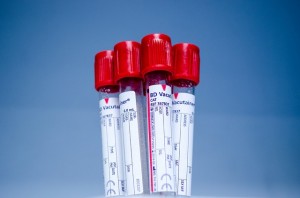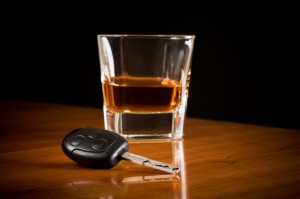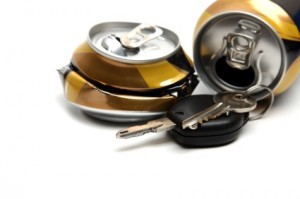The answer is it depends. The municipal courts are not holding court sessions. Municipal courts are responsible for traffic violations including DWI and disorderly persons criminal offenses (misdemeanors). They are issuing future court dates but are also trying to set up virtual court to expedite those dates. If you have a traffic charge or disorderly persons criminal offense violation like possession of less than 50 grams of marijuana or DWI, then your court date may be a few months out, but it will not go away. It is still important to address it sooner rather than later and begin the process. Police records are still producing discovery and all other documents and I expect that that courts will expecting litigants to be at least somewhat prepared to go. I think those that are ready, and willing to proceed early on when sessions resume may get favorable deals, since they will not be contributing to the municipal court backlog.
Superior Court, Criminal Division, is quickly making progress with virtual court via video. These courts are responsible for more serious offenses called indictable offenses. Indictable offenses are also called felony offenses. First, Second, Third and Fourth degree indictable offenses are the responsibility of the Superior Court. Drug possession and distribution charges for heroin, cocaine, prescription pills, theft and shop lifting over $500, aggravated assault, weapons and guns charges, eluding the police, robbery, terroristic threats, sex assault, etc. are a few examples of these types of offenses. I personally handled three matters this week via video court, 2 in Union County and one in Morris. It was actually pretty seamless. I think that as the weeks progress, we will see a marked increase in the number of cases handles by the courts and the timelines moving up considerably. Likewise, I think in the interim, there will be a good opportunity to resolve cases favorably. The reason I say this is because I believe that the courts do not want to put people in jail right now. They want a reason to not put them in jail.
I think that I have a window to get really good results if I can get cases hear. For example, I had a client who was facing two First Degree count of robbery, with a bad prior record, looking at an extended term, possibly 30 years. I was able to get him a 5 flat sentence and kept him eligible for ISP, intensive supervision program. He already had 8 months in, he will likely be out as soon as he gets in. I highly doubt this would have happened two weeks ago.
 New Jersey Lawyer News
New Jersey Lawyer News



 A 22-year-old Garfield woman has been charged with DUI (driving under the influence) in connection with a wrong way collision she allegedly caused after going the wrong way on Route 4 in Paramus.
A 22-year-old Garfield woman has been charged with DUI (driving under the influence) in connection with a wrong way collision she allegedly caused after going the wrong way on Route 4 in Paramus. Upon receiving your driver’s license in New Jersey, you will have automatically given your “implied consent” to be subjected to the Alcotest if you are ever arrested for driving while intoxicated (DWI). Breath analysis is one of the most common ways that police will check a suspected DWI driver’s estimated blood alcohol content (BAC). But how accurate are the results of the Alcotest?
Upon receiving your driver’s license in New Jersey, you will have automatically given your “implied consent” to be subjected to the Alcotest if you are ever arrested for driving while intoxicated (DWI). Breath analysis is one of the most common ways that police will check a suspected DWI driver’s estimated blood alcohol content (BAC). But how accurate are the results of the Alcotest?